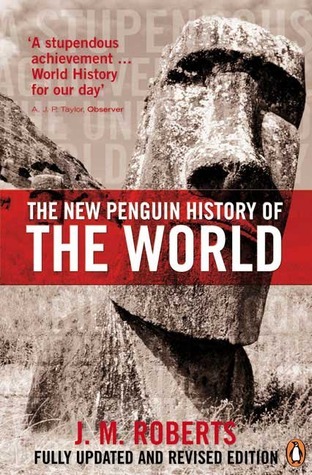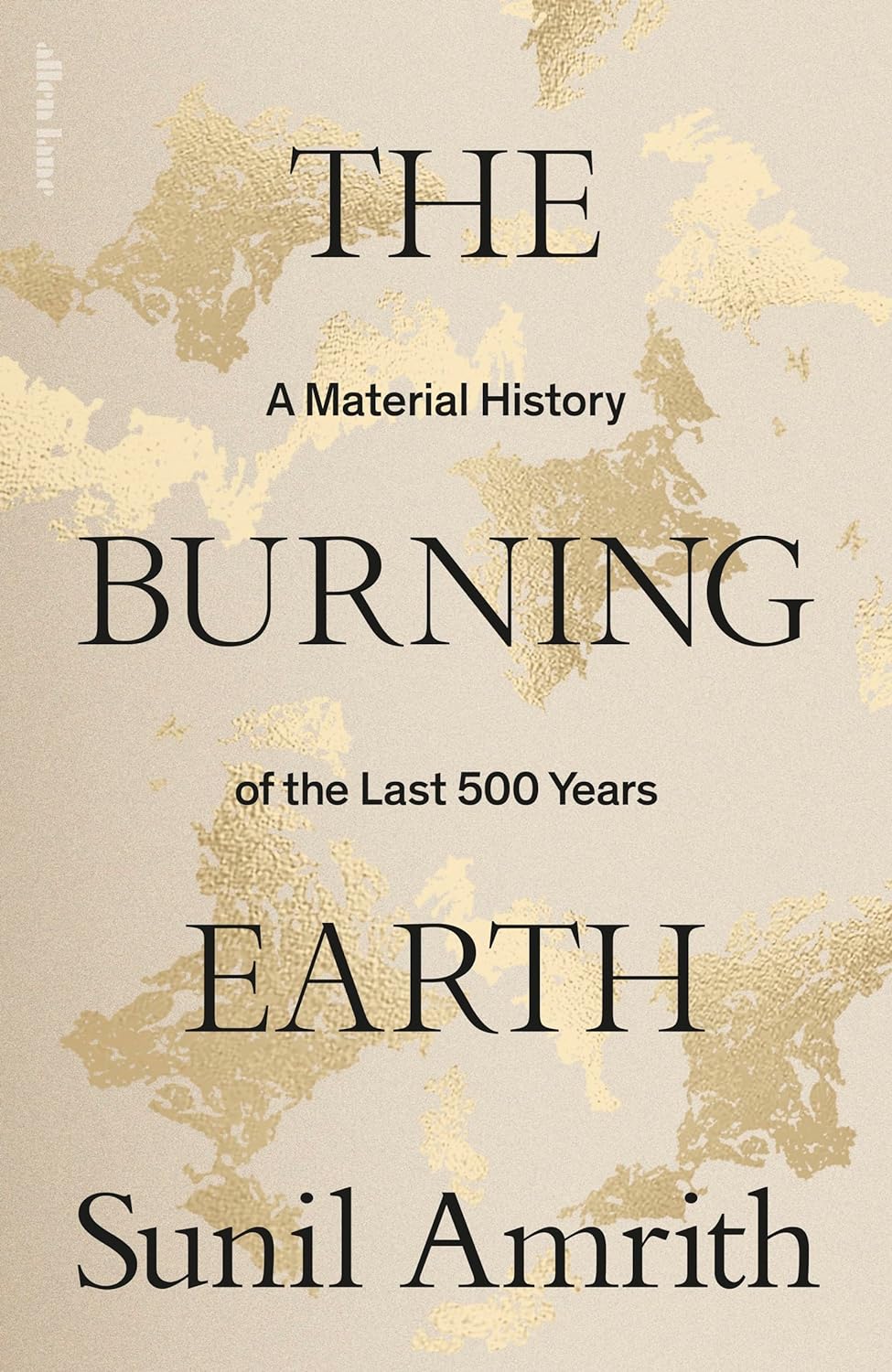
The Earth Transformed: An Untold History
Book Description
What if the true story of our planet’s evolution isn’t what you’ve been told? "The Earth Transformed: An Untold History" unveils the hidden forces that have shaped civilizations, drawing connections between climate, culture, and conflict that reverberate through time. Dive deep into the seismic shifts that have altered landscapes and lives, revealing the intricate dance of humanity with nature. From ancient empires to modern-day crises, each chapter unveils startling revelations that challenge conventional wisdom. As we stand on the brink of environmental upheaval, what choices will be made to shape the future of our world?
Quick Book Summary
"The Earth Transformed: An Untold History" by Peter Frankopan weaves together environmental science, history, and anthropology to uncover the central role nature has played in shaping the trajectory of human civilization. Moving beyond traditional narratives, Frankopan explores how climate patterns, natural disasters, and ecological shifts have acted as both the architects and destroyers of empires. He illuminates the intricate dance between human societies and their environments—how rainfall, droughts, warming, and cooling all influenced migrations, wars, plagues, and innovations. Cautionary yet hopeful, the book not only reveals humanity’s historical responses to environmental change but also probes our current global crisis, challenging readers to reconsider their understanding of progress, adaptation, and survival as we face our own age of transformation.
Summary of Key Ideas
Table of Contents
Nature’s Role in Shaping Civilization
Nature’s influence on civilization is at the heart of Peter Frankopan’s analysis. He demonstrates that geography, weather patterns, and access to resources have not merely been backdrops against which history unfolded, but dynamic forces actively shaping societies. Rivers, mountains, fertile plains, and deserts determined where cities and empires could thrive, influencing everything from trade routes to cultural exchanges. The author embarks on a broad examination, beginning with early human migration and showing how every great leap in history was deeply tied to the environment.
Climate Change as a Driver of Historical Events
Frankopan foregrounds climate change as one of history’s most potent catalysts. He explores episodes such as the fall of the Roman Empire, which coincided with prolonged periods of drought and cooling, and how the Little Ice Age redefined societies across Europe, Asia, and the Americas. Famine, disease outbreaks, and political revolutions are frequently traced to environmental triggers, challenging the notion that human action alone dictates the rise and fall of civilizations. The narrative intricately links shifting rainfall patterns and temperature fluctuations to transformations in societal structures and even ideology.
Adaptation and Resilience of Societies
The adaptability of societies emerges as a crucial theme. Some civilizations innovated in the face of environmental stress, developing new agricultural techniques or infrastructure; others ignored warning signs, leading to societal collapse. Frankopan provides case studies of resilience, but also of stubbornness and shortsightedness. These contrasting examples underscore a central message: the fate of human communities is often determined by their capacity to respond imaginatively and collectively to environmental pressures, rather than merely by technological advancement or political power.
Interconnectedness of Environmental and Human Systems
The book draws attention to the deep interconnectedness between human progress and ecological systems. Economic development, warfare, pandemics, and technological revolutions often had unintended environmental consequences. Frankopan traces the spread of crops and diseases across continents, the lasting impact of colonization on landscapes and biodiversity, and the feedback loops between population growth and environmental strain. He insists that history must be reinterpreted with nature as an active participant, not a silent stage.
Lessons from the Past for a Sustainable Future
Finally, Frankopan uses the lessons of the past to reflect on the contemporary era. Faced with rapid global warming, resource depletion, and ecological crisis, the choices made now will echo through the future as they have time and again. The book calls for humility, adaptability, and foresight, urging societies to draw on historical wisdom in confronting today’s immense challenges. By understanding the age-old interplay between human ambition and environmental constraint, "The Earth Transformed" advocates for more sustainable stewardship as we shape the planet’s next chapter.
Download This Summary
Get a free PDF of this summary instantly — no email required.





